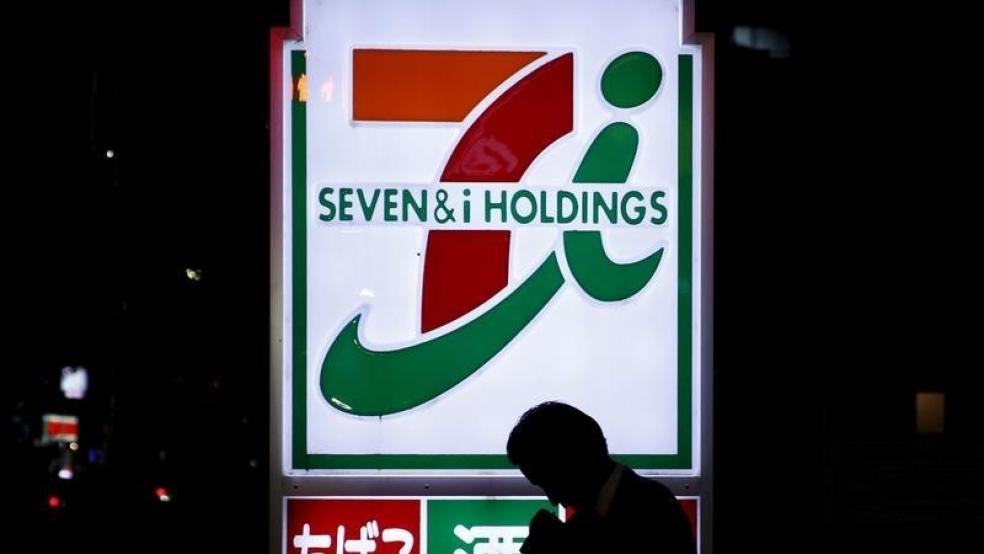Isaka, 58, who successfully led the group's Seven-Eleven Japan convenience store chain, was officially named president, ending the 24-year reign of charismatic former CEO Toshifumi Suzuki who is stepping down after a failed bid to oust Isaka.
But in a sign Isaka may not have a free hand in implementing a radical overhaul of the $90 billion retail conglomerate, the company said Suzuki, widely respected in Japan's retail industry, will stay on as an honorary adviser.Many of the company's managers and employees still revere Suzuki, a pioneer of Japan's now-ubiquitous convenience stores. Isaka's decision to keep Suzuki on is seen as an olive branch that could help mend a divided board and management.Loeb has said the company should focus on growing its profitable convenience store chain and overhaul its weak Ito-Yokado supermarkets. Investors have also urged it to sell off or restructure its luxury clothing store Barneys Japan, Seibu department stores and mail-order business Nissen. Suzuki confirmed at Thursday's shareholder meeting that he would stay on as an adviser, and thanked shareholders for their support since his early days when the company's annual sales were a mere 4 billion yen ($36.5 million). He also defended the retail group's performance."Today the group's sales total over 10 trillion yen," he said. "Now, there is some concern about Yokado and Seibu. But Yokado has shown improvement, albeit gradual, since the start of the year. Seibu is also trying with new products."Isaka shook hands with Suzuki at the shareholders' meeting, and tried to play down the conflict, saying he aimed to carry on his predecessor's management philosophies.Suzuki resigned as CEO in April after the board refused to rubber-stamp his proposal for Isaka to step down, a proposal criticized by some investors as an attempt to elevate one of his sons to a more senior position. The board's rejection of Suzuki's proposal, was widely seen as a sign of improving corporate governance in Japan, where corporate boards rarely challenge CEOs. But worries that Isaka will face strong resistance from within, as well as fears Japanese retailers would struggle with weak consumer sentiment for a while longer, have dragged Seven & i's shares down 15 percent so far this year. (Reporting by Ritsuko Shimizu; Writing by Ritsuko Ando; Editing by Muralikumar Anantharaman)Japan Seven & i shareholders approve new president, but predecessor lingers

© Yuya Shino / Reuters



